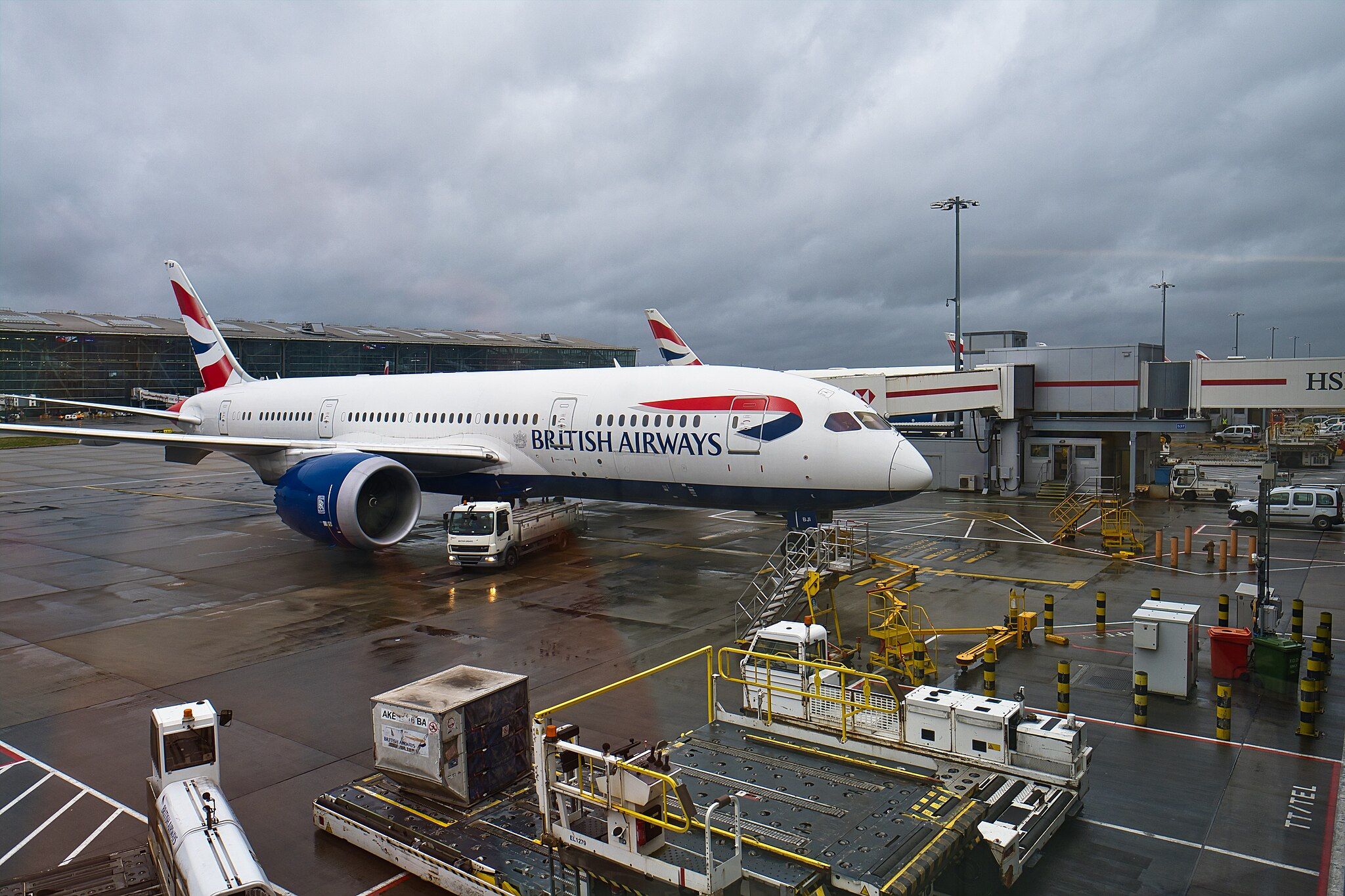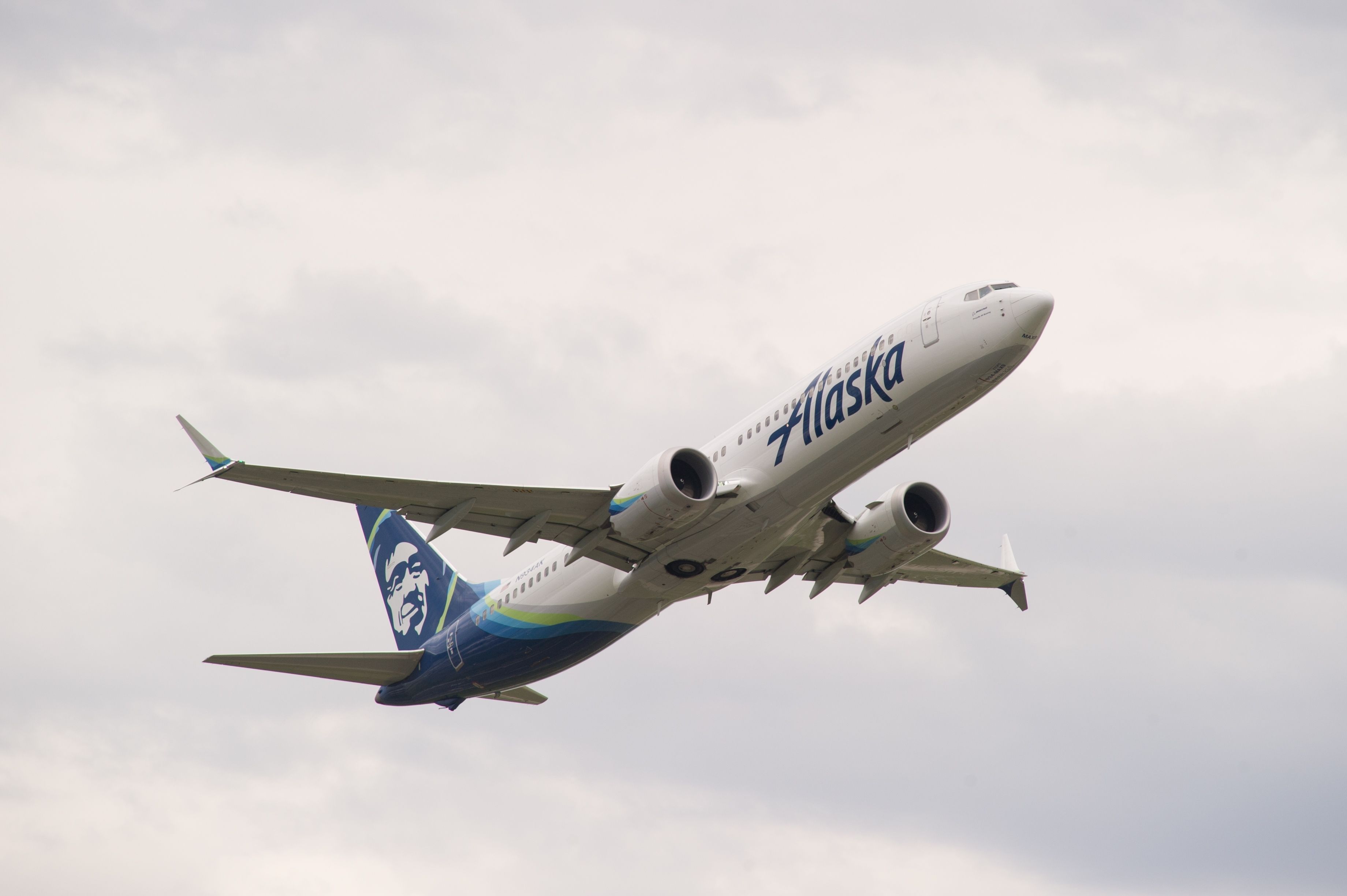Summary British Airways has reportedly canceled over 200 flights from London airports this weekend. Most affected flights were short-haul between London and European cities. Operational issues like IT failures, weather, and staff shortages can lead to flight disruptions.
British Airways has axed hundreds of flights from London airports this weekend due to operational issues, according to a report by The Independent . More than 200 flights canceled According to the report, the British flag carrier canceled more than 200 flights from its primary base at London Heathrow Airport (LHR), London Gatwick Airport (LGW), and London City Airport (LCY) for three days in a row between Friday and Saturday. In addition to the cancelations, some flights were also delayed.
The cause of the operational meltdown was not disclosed by the airline. Simple Flying has asked British Airways for a comment. It is worth noting that most of the cancelations occurred at LHR airport.
Most affected flights were short-haul, namely between London and European cities. Flightradar24 revealed that the British national airline canceled more than 20 flights from its hub at London Heathrow (LHR) on Sunday alone. Meanwhile, the most flights were canceled on Saturday and Friday.
The Independent report revealed that many passengers were frustrated by cancelations. To add to the frustration, scammers attempted to take advantage by impersonating British Airways representatives to steal passengers' personal information a.



















